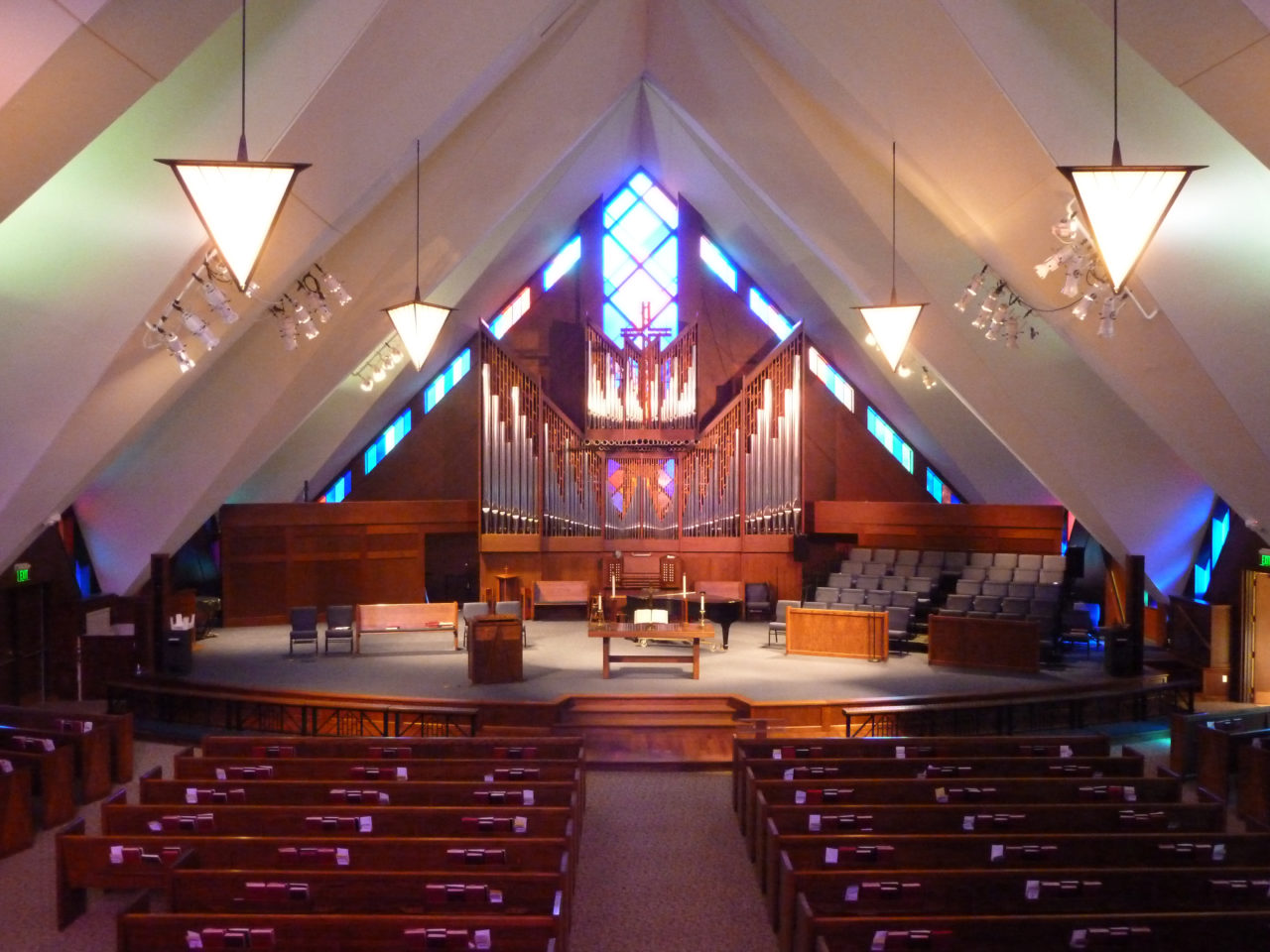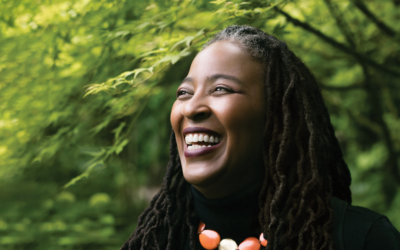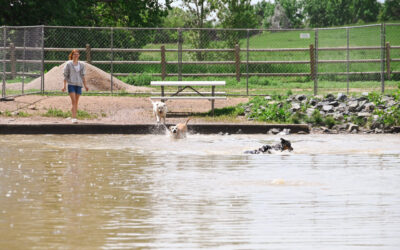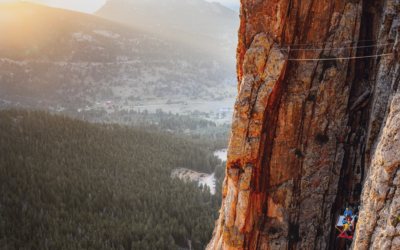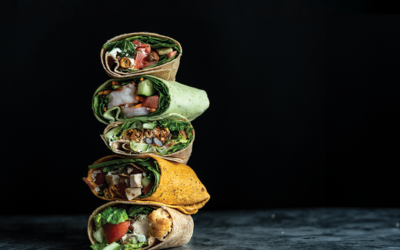Worshippers of many religions welcome spring to NOCO
Whether you are a believer or not, far more unites than divides us when the vernal equinox heralds spring. It is a busy time, a time of preparation.
NOCO’s Christians, Jews, Muslims and Bahá’ís celebrate Easter, Passover, Lailat al Bara’ah and the first Day of Ridvan. They come together separately to form communities which reflect, study and rejoice. They repeat stories rich in imagery and hope to deepen their collective understanding of their pasts.
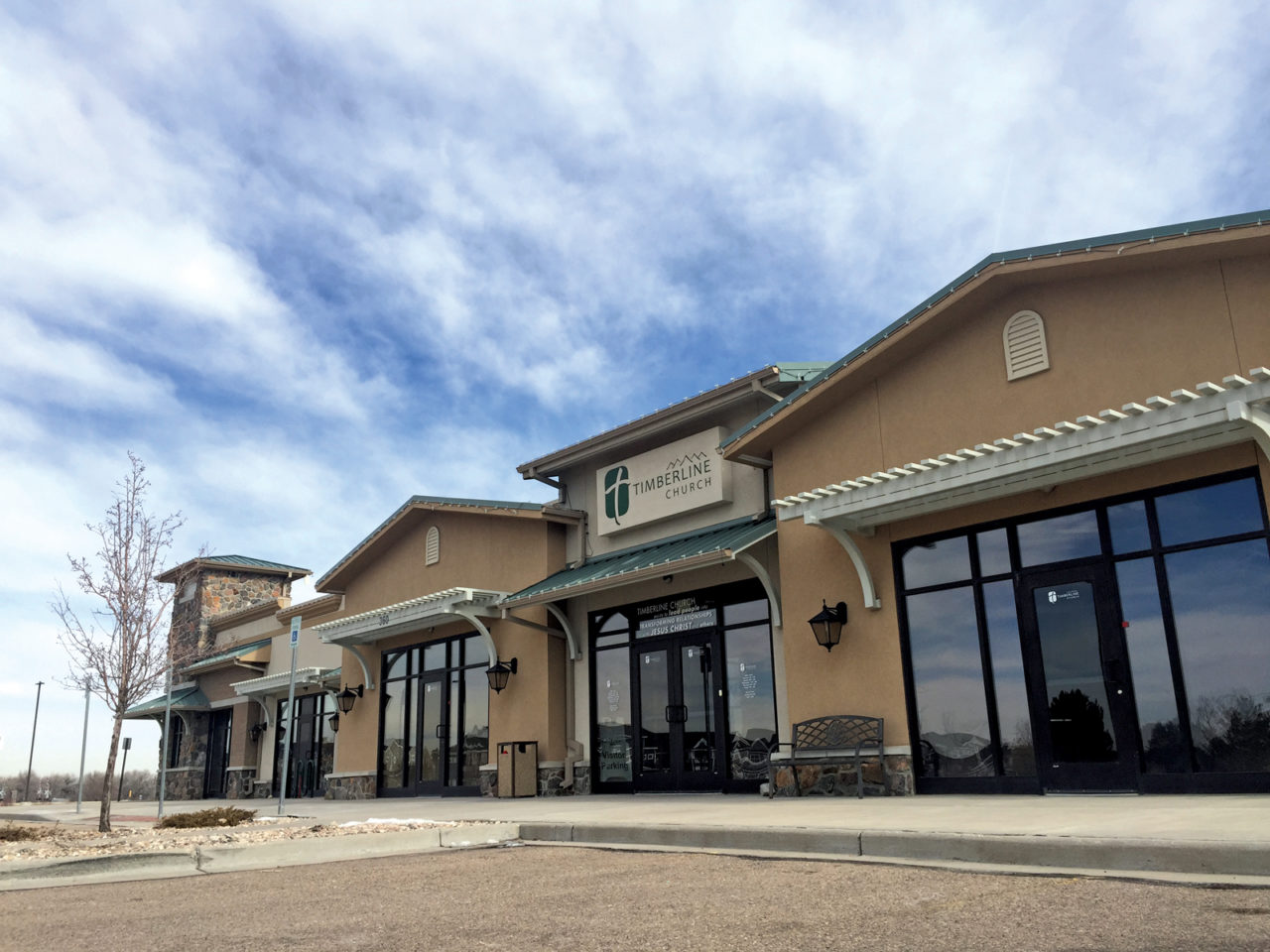
The motto of Timberline Church is “Let Love Live,” based on the Bible verse Luke 10:27
“All religious traditions and cultures develop a way to mark the renewal of the earth. Everyone wants to mark this rebirth of life, optimism and hope after a long, dark winter,” says Rabbi Dr. Sally Finestone of Congregation Har Shalom in Fort Collins.
More than 4,000 congregants attend Timberline’s fellowship of like-minded Christians. Three dozen support, prayer or study groups meet nearly every day of the week, some offering child care, all with the same mission: to align more closely with Jesus in the search for a more abundant and purposeful life. Singles, empty-nesters, college students, dementia care-givers and young married couples share with each other. Some talk financial peace, while others talk about books, grief or grandparenting.
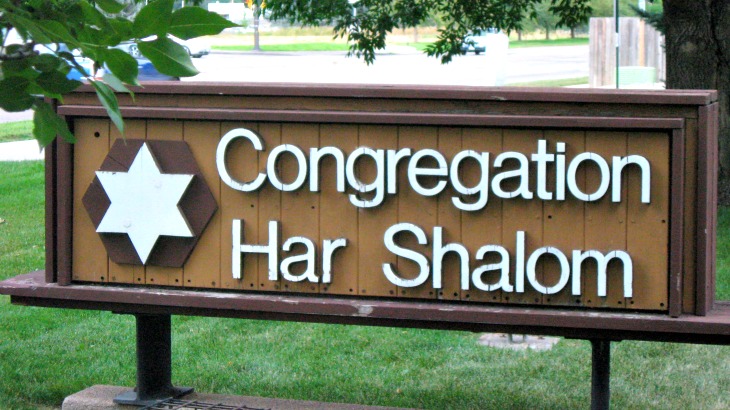
NOCO’s Muslims often pray together, even though cultural traditions and observations may vary from country to country, says Shakir Muhammad, president of the Islamic Center of Fort Collins.
Up to 500 congregants attend Jumu’ah, Friday noon prayer services, held “just after the sun crests, reaching its highest point,” Muhammad explains.
Imams, who are spiritual leaders with demonstrated Islamic knowledge, moral character and memorization of the Quaran, deliver a Friday sermon and directive for the week at 12:10 p.m. and 1:10 p.m.
This time of year – the lunar month of Sha’ban, always one month before Ramadan – is a time of preparation and increased prayer beyond the commandment of praying five times each day, Muhammad says.
Mid- Sha’ban, or the Night of Records, is a time “to come closer to God and ask for His forgiveness,” Muhammad says. “It is about having a clean heart.” The 15th day of Sha’aban, called Lailat al Bara’ah, is a day of fasting and worship for some Muslims, depending on their country of origin.
Each day of Ramadan, which this year begins on May 6,
Muslims fast from dawn to dusk as an exercise in self-restraint. They break their fast at sunset with prayer and a meal, either
at the Islamic Center or in their homes, with dates, rice, salads and traditional foods from their respective cultures. During Ramadan, Muslims also are expected to donate to charities, feed the hungry and detach from worldly pleasures.
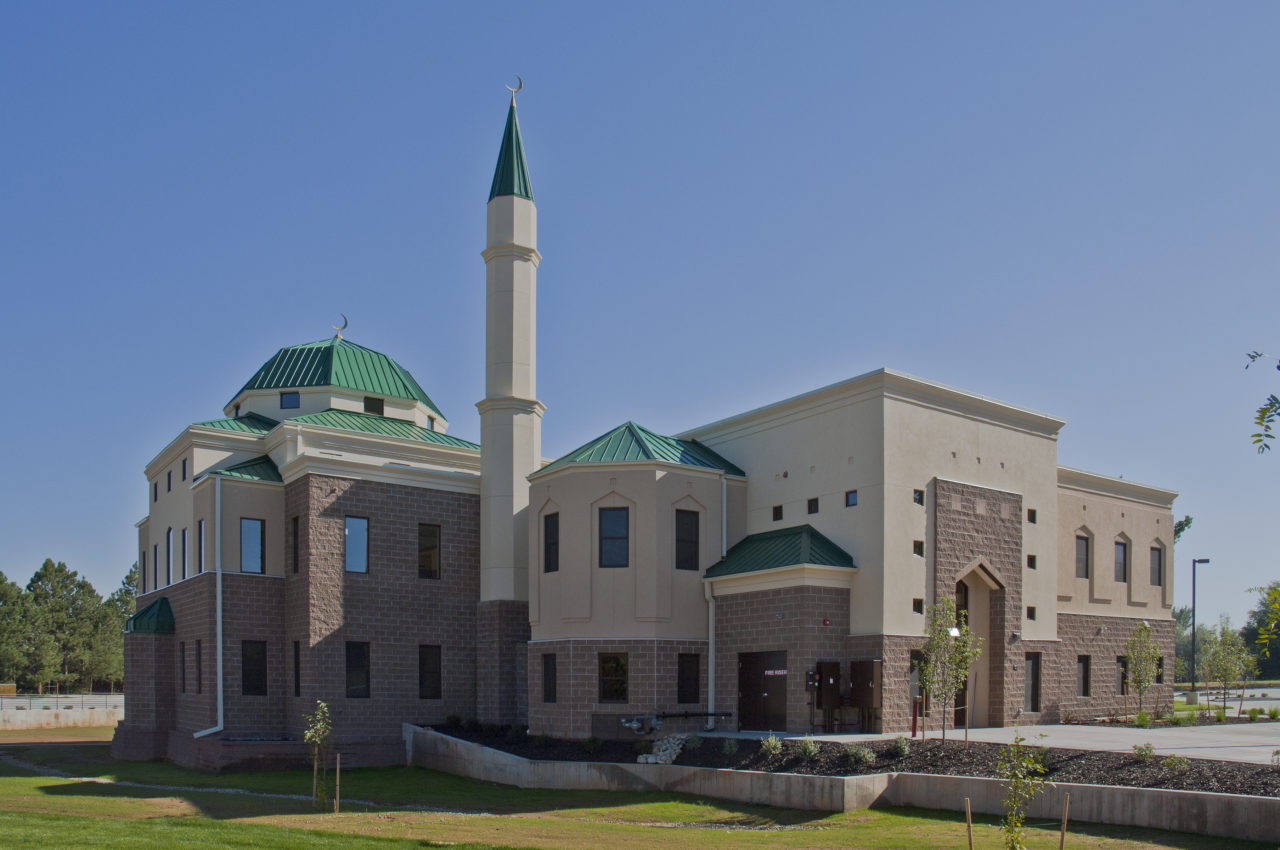
Construction of the Islamic Center of Fort Collins was completed in September 2013. Courtesy Brinkman Construction
During these 12 days, Bahá’í s celebrate Bahá’u’lláh as the latest of the divine messengers sent by God to mankind. Margie Brown, a member of the NOCO Bahá’í community, explains that these divine messengers include the founders of all the world’s major religions: Abraham, Moses, Jesus, Mohammad, Buddha, Zoroaster and Krishna. On the first, 9th and 12th days of Ridvan,
“Firesides,” informal meetings in people’s homes, study circles and devotional gatherings, allow people unfamiliar with the Bahá’í faith to learn its fundamental spiritual principles: “That there is only one God, that all religions derive from that one Divine source, and that mankind is one – a single family of the human race,” Brown says.
Brown notes that faith-seekers may be attracted to the Bahá’í’ spiritual principles of equality of men and women and the elimination of prejudice in all forms.
Dr. Melanie Rosa, pastor of First United Methodist Church in Fort Collins, also embraces these principles. Following a recent, controversial stand taken by the leadership of the United Methodist Church, Rosa announced in a letter to her congregation that “LGBTQ sisters and brothers will continue to be treated as precious children of sacred worth and will continue to offer leadership and service in our church.”
Rosa refers to being part of a Reconciling Congregation, associated with the Reconciling Ministries Network, an organization primarily of Methodists committed to recognizing diverse approaches to scripture, tradition, reason and experience of the congregations and communities with whom it relates.
Preparations for Easter are well underway at First United Methodist.
“The message of Easter is timeless, but also unique to each time and place … It is a message that ultimately nothing can
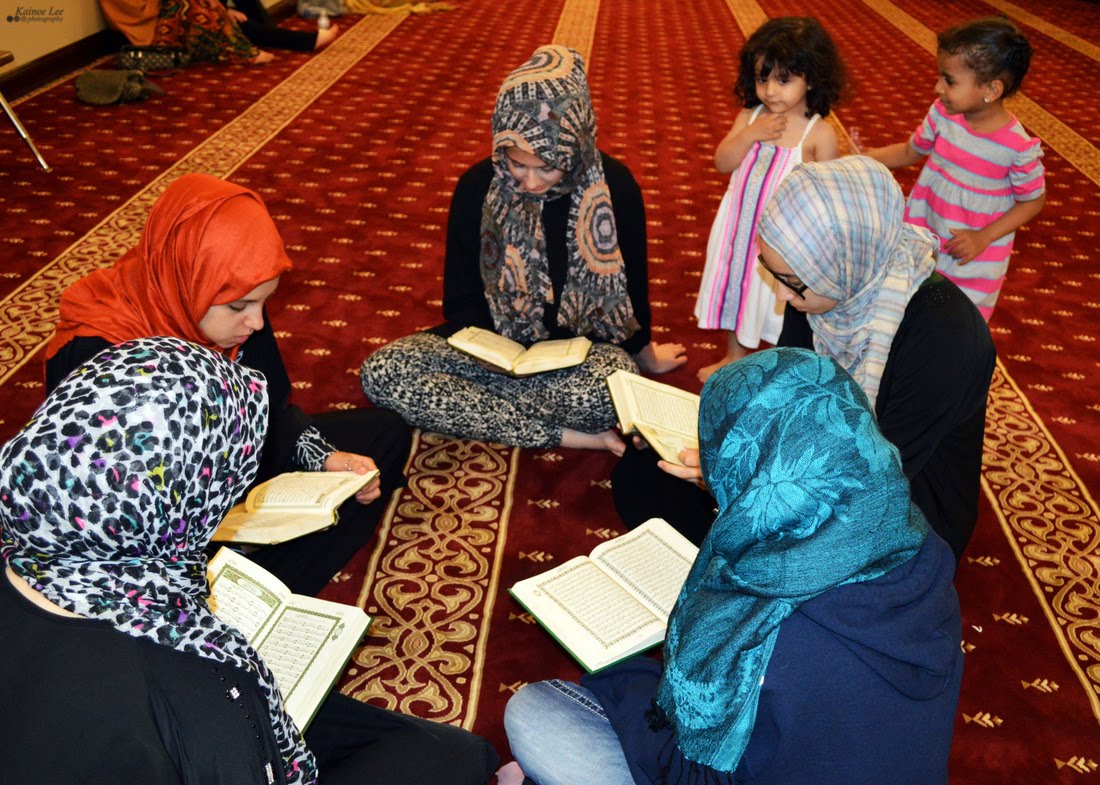
Women study the Quran at the Islamic Center of Fort Collins.
Courtesy Islamic Center of Fort Collins
The community is invited to a wide range of events and activities, including an Easter egg hunt April 20 at 10 a.m. in Eastside Park, Maundy Thursday and Good Friday services, and four Easter Sunday worship services at the church. The 5 p.m. service is to be followed by an Easter dinner for all, Rosa says.
In Greeley, Trinity Lutheran Church offers two services each Sunday, one traditional and one featuring contemporary Christian music. Palm Sunday marks the beginning of Holy Week, and morning and evening services are offered on Maundy Thursday and Good Friday. A 6 a.m. Easter Sunrise Service is to be followed by a breakfast prepared by the Trinity Lutheran’s youth fellowship, and two more services will be offered on Easter Sunday morning.
About 200 families attend Trinity Lutheran, which also has a private, Christ-based school that is open to the public and serves preschool to eighth grade. Trinity offers several Bible study classes and fellowship circles for men, women and young families. The church’s Mission Circle does work in the Greeley community and collects toiletries, clothes and items shipped to missions abroad.
Trinity Lutheran’s Pastor Greg Hafeman says the Easter message has not changed: God sent His son, Jesus Christ, to become fully man while remaining fully God. He worries that some attempts to view the timeless message of Easter through a contemporary lens don’t work. The Holy Bible is inspired by God, he says, and in Jesus and Jesus alone we find our restoration.
“God inspired men to write the various books of the Bible over a period of 1,500 years, but He [God] is the author,” Hafeman says. “Yes, this Word is inerrant and absolutely trustworthy. It is absolute truth. It is living and life-giving.”
Hafeman preaches that Jesus alone is the Savior, although some non-believers say that truth for them is what they want it to be.
“Most today play right into the hand of Satan in believing that faith is a personal thing and we all have a different understanding and way to view God,” Hafeman says.
Hafeman says that while Christians are called upon by God to be peacemakers, apart from Christ we do not have the power to reconcile our differences. Still, we all desire a world of peace and harmony, and Hafeman attempts to look for common ground, starting with love – agape love.
“Everyone wants to be loved in some way,” he says. “God is love. We are called to share the love that He freely bestows upon us.
Love, rebirth and freedom are central themes shared by NOCO’s Jewish community, which celebrates Passover starting April 19 at sundown.
The four weeks leading up to Passover are a time of intense preparation in which a physical and symbolic “cleaning” takes place, with all leavened bread products removed from the home. Time is spent beautifying the synagogue, and time is spent cleaning the
spirit, as Jews reflect upon, read about and discuss their shared history and responsibilities.
Passover commemorates the liberation of Jewish people from slavery in Egypt, with traditions, rituals and fellowship, says Rabbi Finestone.
“It is a festival of freedom, because we retell the story of the exodus from Egypt. In that retelling, we raise our awareness of the importance of freedom for all people. We are also reminded of our need to feed the hungry and care for the poor,” she says.
During the Passover Seder meal hosted in every Jewish household, families and friends come together to remember their social obligations and to strengthen the bonds they have with each other, Finestone says.
A communal Seder, usually held at Har Shalom on the second night of Passover, encourages Jews to come together, no matter how unattached they might be.
“Passover is the holiday that calls Jews home. It is a wonderful opportunity to reconnect and find their place within the contemporary Jewish community,” Finestone says.
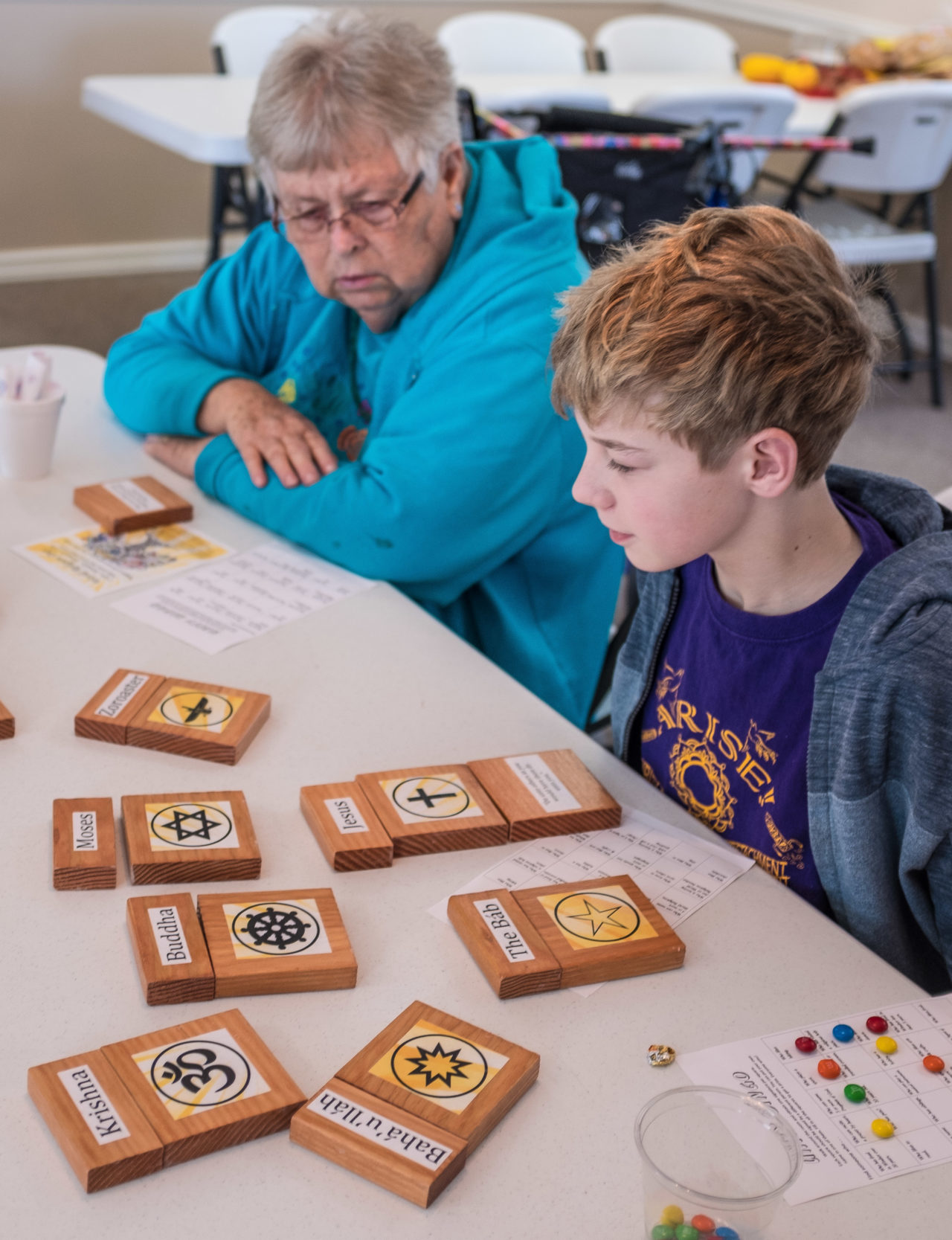
The Bahá’í community embraces the principles of equality of men and women and the elimination of prejudice in all forms. Courtesy Bahá’í community
The verdant restoration of life is a common thread celebrated among all people of faith at this time of year.
For Christians, the resurrection of Jesus liberates humanity from sin and death. For Jews, Passover marks the liberation from Egyptian slavery, Finestone says.
Khashaiar Charepoo, of the NOCO Bahá’í community, says the unity of mankind is central to faith. “I believe the purpose of all religions in designating a time for spiritual reflection is very similar, and it is to create new virtues and mindfulness.”
Across NOCO’s spiritual communities and houses of worship, a common message resonates. “The basic beliefs of Islam are not so different than the core aspects of faith that many already believe or have come to hold dear without a religion to profess,” Shakir Muhammad says. “There is prayer to focus on the creator and to fulfill a purpose in life. None can profess true faith until they want for others’ good and their neighbors are well tended to … God is all-forgiving and the watcher over us all, and He alone is to be worshipped.”
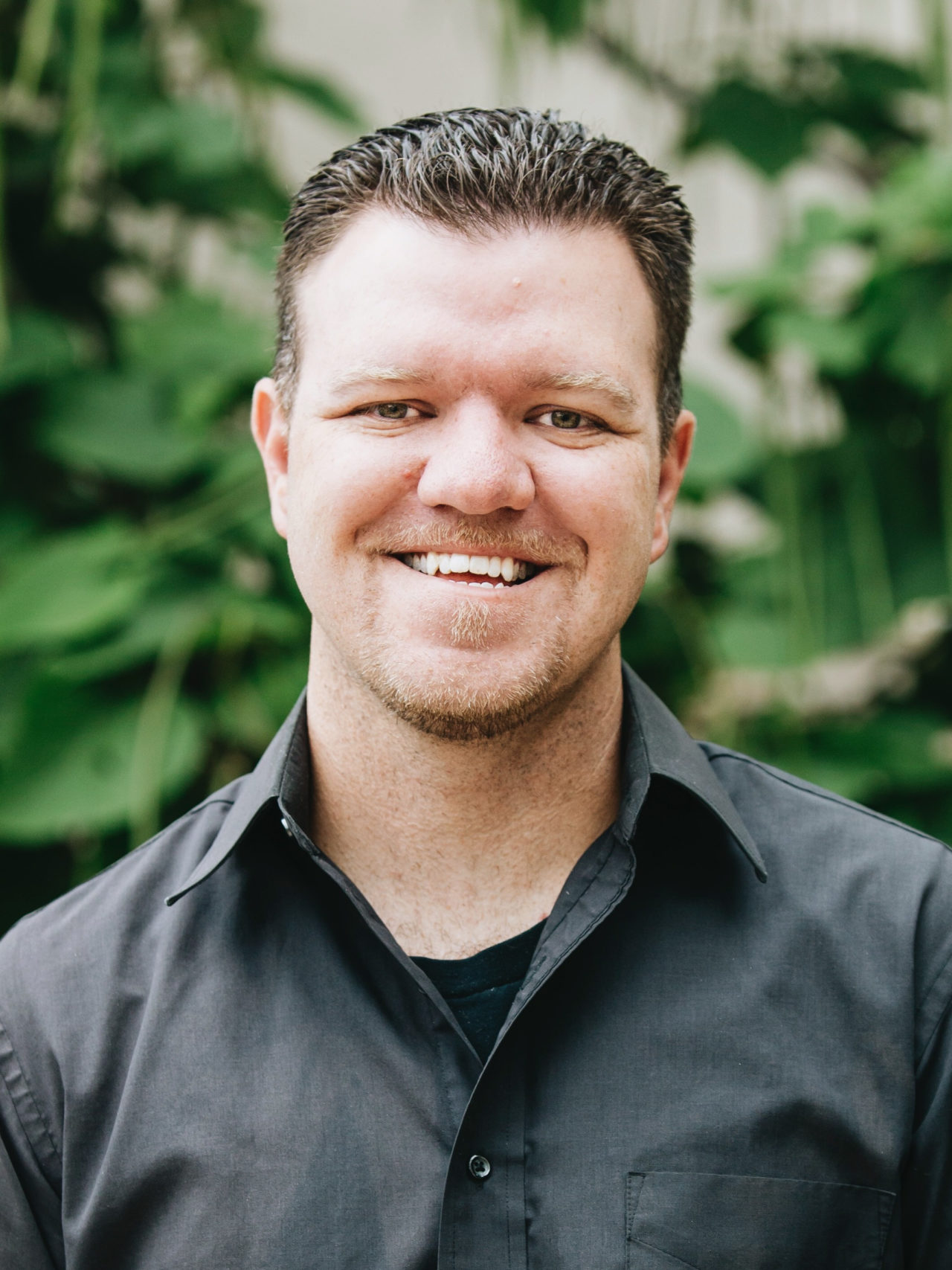
– John Mehl, campus pastor at Timberline Windsor
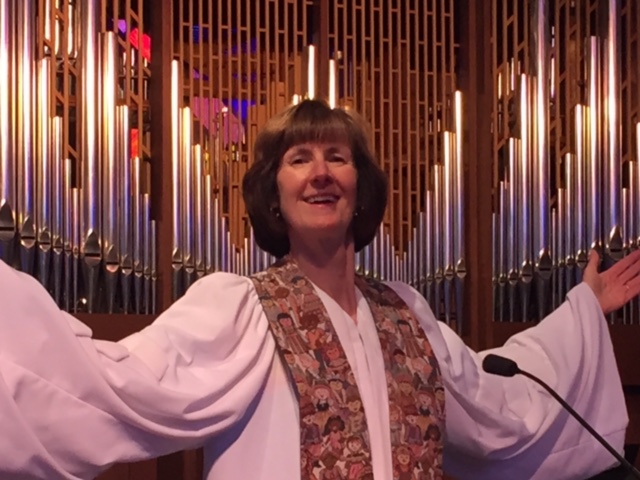
nothing can defeat us, not sorrow, not mistakes, not despair, not even death.”
– Dr. Melanie Rosa, pastor of First United Methodist Church
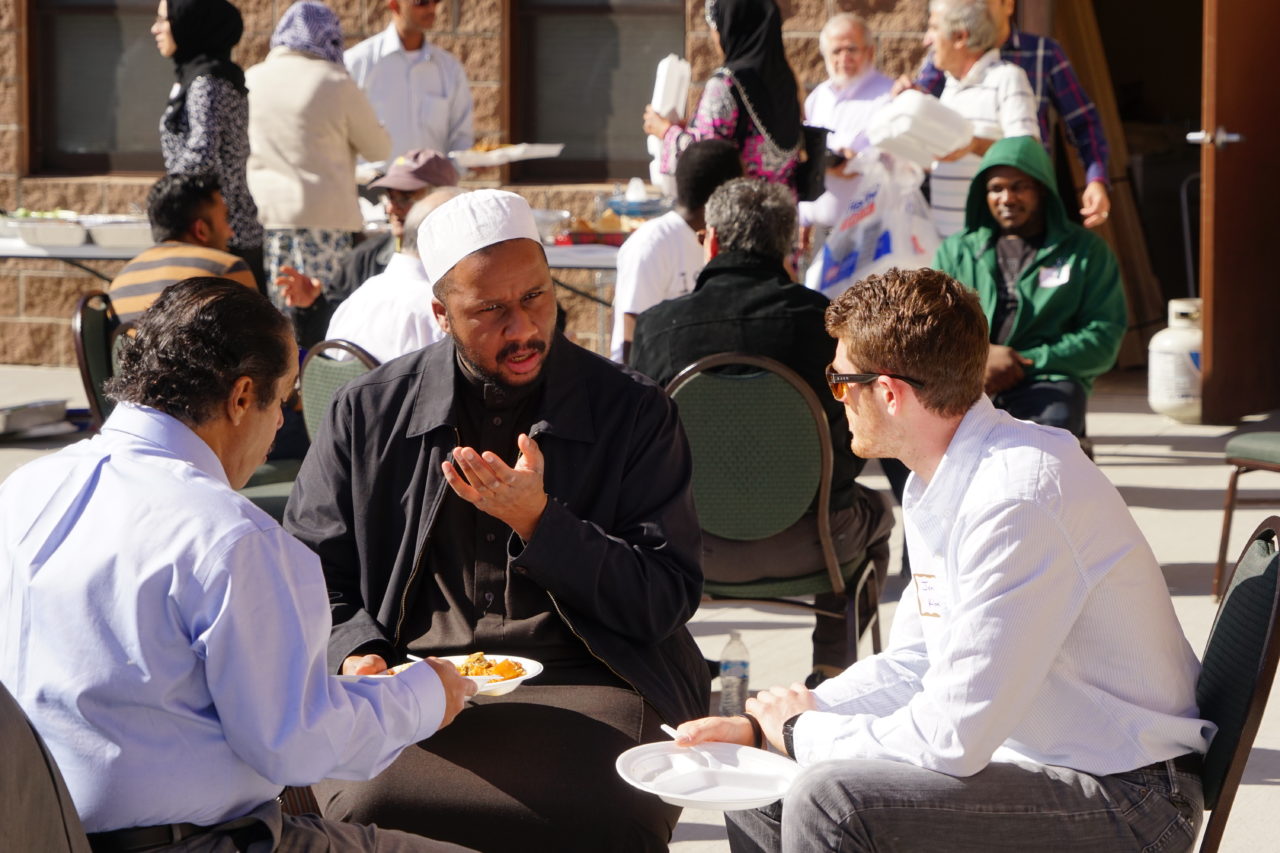
– Shakir Muhammad, president of the Islamic Center of Fort Collins
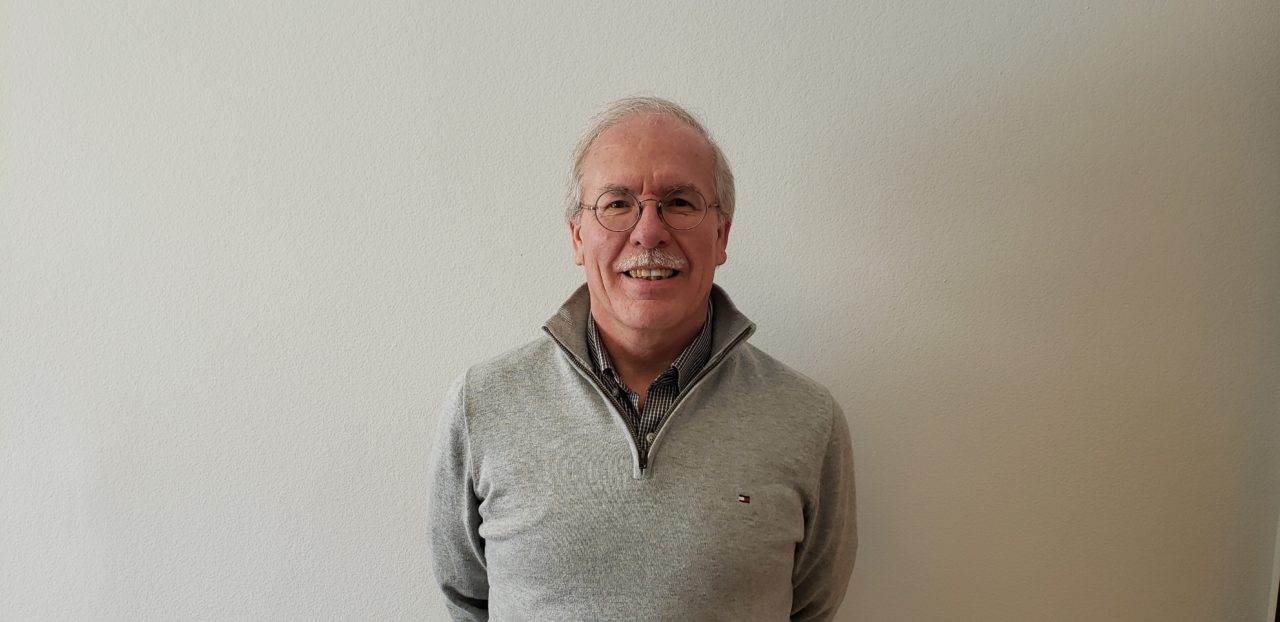
– Pastor Greg Hafeman, Trinity Lutheran Church
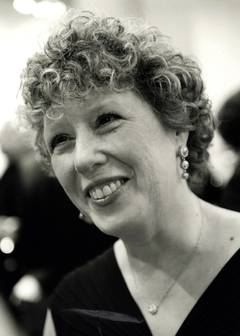
– Rabbi Dr. Sally Finestone, Congregation Har Shalom
(main photo) First United Methodist Church of Fort Collins will offer four Easter Sunday worship services, including a 5 p.m. service after which dinner will be served.
Courtesy First United Methodist Church of Fort Collins

